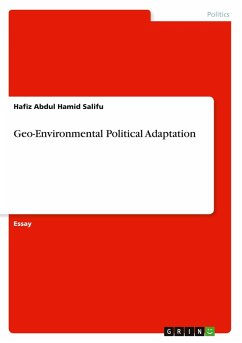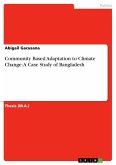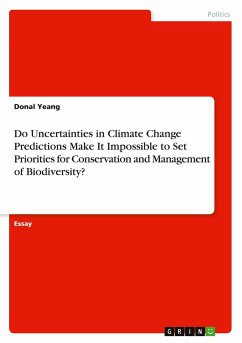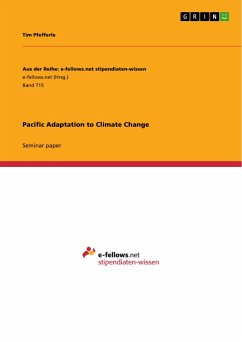Essay from the year 2024 in the subject Political Science, University of Ghana, Legon (Department of Geography and resource development), language: English, abstract: This paper introduces Geo-Environmental Political Adaptation (GEPA), a novel theoretical framework integrating environmental determinism with political ideology and governance structures in Africa. GEPA posits that geographic and climatic factors significantly influence societal organization and governance practices across the continent. By examining the intersection of environmental conditions, colonial legacies, and political structures, GEPA offers insights into the development of context-specific governance models that are better adapted to Africa's diverse ecological landscapes. The paper presents core propositions of GEPA, exploring how environmental challenges shape centralized governance in resource-scarce regions, the integration of traditional governance with modern environmental strategies, and the impact of Western political ideologies on African governance systems. Through empirical analysis and case studies, the research demonstrates the practical applicability of GEPA in understanding and addressing governance challenges across various African contexts. Furthermore, this study discusses policy implications derived from GEPA, proposing governance reforms aimed at enhancing political stability, improving governance effectiveness, and promoting sustainable development. Recommendations include integrating environmental considerations into policy development, implementing adaptive management strategies, and fostering community engagement in decision-making processes. By critically examining the relationships between environmental determinism, political ideologies, and governance outcomes in Africa, this paper contributes to a deeper understanding of how environmental factors shape political structures and governance practices on the continent. It underscores the importance of context-specific approaches to governance that acknowledge and integrate environmental considerations, thereby promoting more effective and sustainable development pathways for Africa.
Hinweis: Dieser Artikel kann nur an eine deutsche Lieferadresse ausgeliefert werden.
Hinweis: Dieser Artikel kann nur an eine deutsche Lieferadresse ausgeliefert werden.








